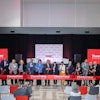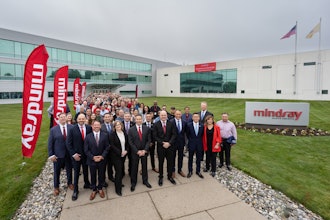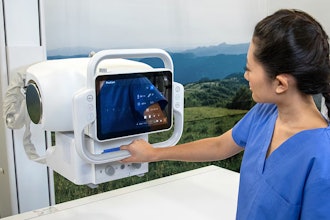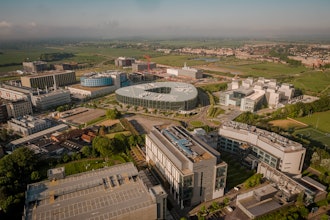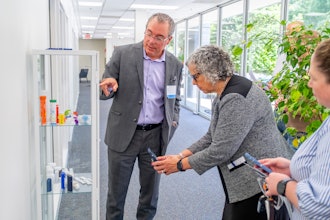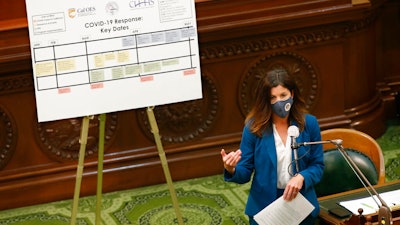
SACRAMENTO, Calif. (AP) — Facing a staggering $54.3 billion budget deficit last year because of the coronavirus pandemic, California's governor and state Legislature agreed to raise taxes by nearly $4 billion on some businesses to avoid even harsher cuts to state services.
But the tax increases were structured in such a way that they punished companies for spending money on researching and developing new products or technologies — including for things like vaccines and treatments for COVID-19.
Now that the state has a projected one-time surplus of $15 billion this year, influential Democratic lawmakers want to rescind those tax hikes — but only for life sciences companies that research and develop treatments for COVID-19 and other diseases. The plan, revealed last week, would cost the state about $730 million.
“It didn't make sense to do it last year. It really doesn't make sense to do it now that we're actually in a surplus situation,” Assemblyman Kevin Mullin, a Democrat from South San Francisco and the state Assembly's second-highest ranking officer, said about the tax hikes at a news conference Tuesday.
Just seven months after signing a budget that raised taxes and cut spending, Gov. Gavin Newsom announced in January that the state would have at least a $15 billion one-time surplus to spend in 2021 after the budget shortfall wasn't nearly as steep as anticipated. That's because the economic downturn affected mostly low-wage workers, while wealthy earners, who are taxed at the highest rates, continued to make money and pay taxes.
Yet Newsom didn't recommend rescinding any of the temporary tax increases on businesses in his proposed budget. Since then, tax collections have kept improving, with California at least $7.5 billion ahead of projections. The nonpartisan Legislative Analyst's Office said that means the state could have an extra $4 billion to spend on top of the $15 billion surplus.
Newsom is scheduled to update his budget proposal in May. The Legislature must approve a budget by June 15 or forfeit their pay.
California's life sciences industry is small, directly employing about 320,000 people, and they earn an average salary of about $123,000 per year, according to Democratic Assemblywoman Cottie Petrie-Norris, the primary author of the proposal. That puts those workers in an income bracket likely least affected by the economic problems caused by the pandemic.
But lawmakers said at the news conference that they are worried some of those companies could flee to other states, notably Massachusetts, which has worked hard to woo life sciences companies in recent years. California had a string of high-profile company defections to other states last year, including tech giants Hewlett-Packard and Oracle that relocated their headquarters to Texas.
“We have lots of reasons not to take this industry for granted,” said Assemblyman Tom Daly, a Democrat from Anaheim.
California gives companies credits against their state income taxes if they spend money on certain things, including research and development. Last year, lawmakers limited the number of tax credits that companies could claim in a single year to $5 million. They also stopped companies with revenue over $1 million from deducting their net operating losses from state income taxes. Those changes were projected to generate an additional $3.8 billion for the state.
Petrie-Norris said she limited the bill to the life sciences industry because it is a “uniquely important moment” in the pandemic. But she said she would be “interested in and excited about a broader conversation” to eliminate the tax increases for other companies.
Masimo, an Irvine-based company that makes equipment to monitor hospital patients, started about 30 years ago in an Orange County garage, according to Paul Ordal, vice president for public policy. He said the company now employs more than 5,000 people, including 800 in Orange County, and makes equipment that helps monitor 200 million patients worldwide.
During the pandemic, Ordal said the company spent money to make its technology smaller so people could use it at home.
“That's helping our hospital surge capacity issues,” he said. “We continue to innovate. And that is really important for our state that we support and really invest in the innovators and the science that's being done in our state, because it's helping people around the world stay healthy."


